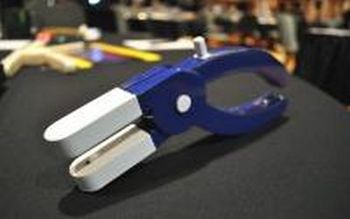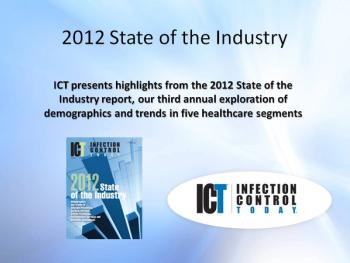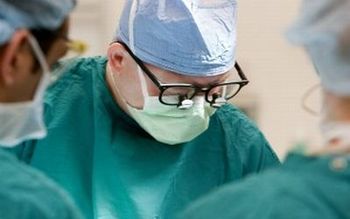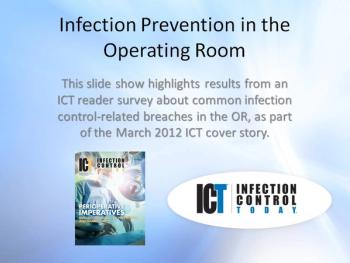
Operating Room
Latest News



Infection Control Today spoke with Mary J. Ogg, MSN, RN, CNOR, a perioperative nursing specialist with the Association of periOperative Registered Nurses (AORN), regarding sharps safety-related issues in the operating room.







Healthcare encompasses an enormous range of supplies, equipment and instruments, ranging from drug-delivery products to wound management supplies, textiles, procedure and surgical supplies, and innumerable infection prevention and control-related supplies. Well-informed product evaluation and purchasing is a significant way for hospitals to combat rising expenses in an environment of moderate reimbursements, according to Hoeksema (2011), who emphasizes that perioperative nurses play a key role in evaluating product safety, effectiveness and efficiency, environmental concerns, and cost and how these factors affect patient care.

After a surgeon stitches up a patient's abdomen, costly complications -- some life-threatening -- can occur. To cut down on these postoperative problems, Johns Hopkins undergraduates have invented a disposable suturing tool to guide the placement of stitches and guard against the accidental puncture of internal organs.

There is no question that the work done by central service (CS) departments in healthcare organizations across the country has a direct impact on the health and safety of patients. The technicians in CS departments are charged with properly sterilizing instruments used in patient carefrom the operating room suites to clinical areasand getting the right instruments to the physicians when they need them. Important work, no doubt, but another question remains. Can the satisfaction these internal customersthe doctors, nurses and others working in the hospital and clinichave with CS make an impact on our external customersthe patients we serve? At Gundersen Lutheran Health System, we believe the answer is yes, and have set a goal to provide the best possible customer service not only for our patients, but for one another.








For a year and a half, the University of Michigan Health System turned one of its head and neck surgery practices into a laboratory. The goal was to see if lean thinking techniques pioneered by the auto industry could be applied to the operating room in ways that simultaneous improved service for patients as well as improve overall efficiency.

There is nothing more challenging to effective cleaning than receiving instruments in the decontamination area that have dried blood on them. Reducing this concern has always been an issue.




